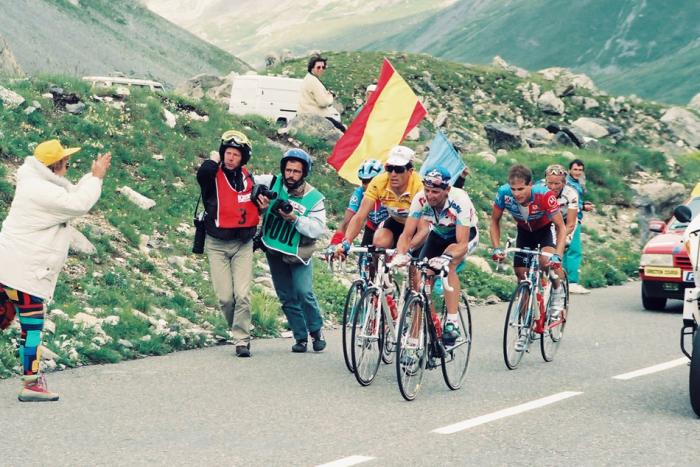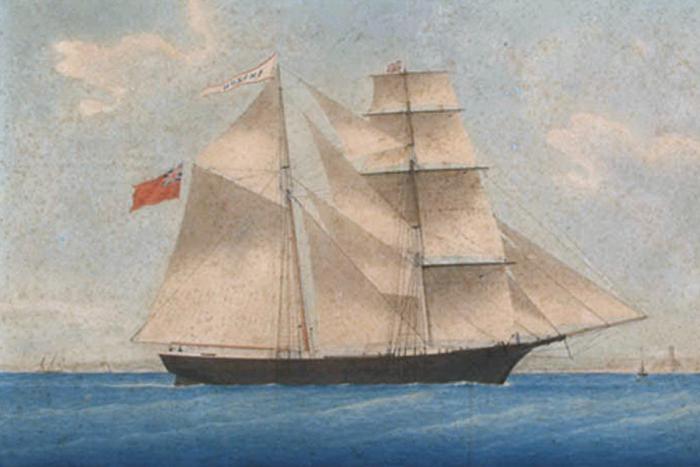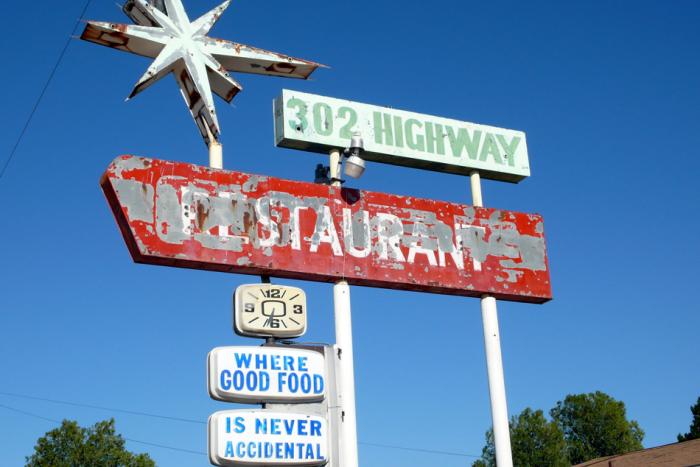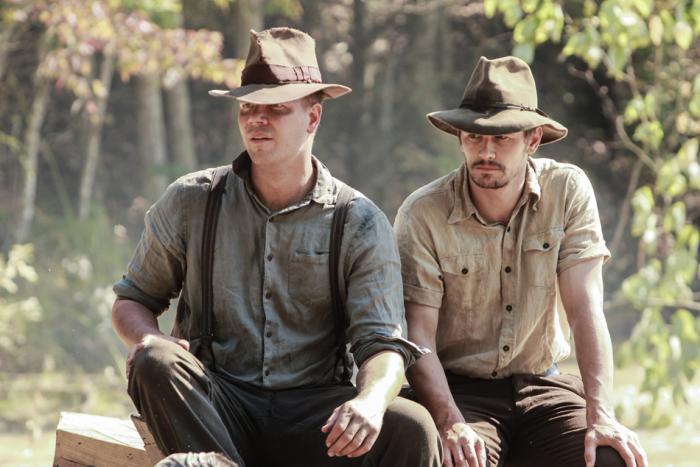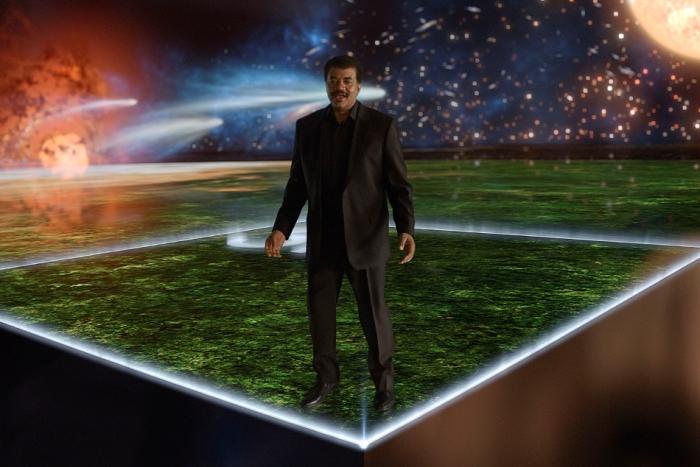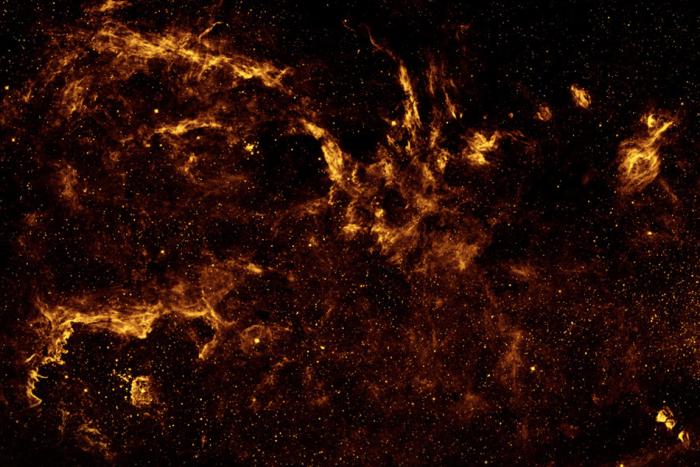Dutch writer, competitive cyclist, and chess master Tim Krabbé understands that, to win the Tour de France, you must beat the Devil.
Lost Library
The Latest
Before Flight 370, there was the Mary Celeste—a disaster, shrouded in mystery, whose facts have been obscured by the legends it spawned.
Karl Ove Knausgaard, like Fernando Pessoa, knows that memoir isn’t about memory but about the failures thereof, and the pain of confronting your old self as a stranger.
Rivka Galchen’s American Innovations tells of moral people stuck in an amoral world. What did America look like before? For answers, you might consult Charles Portis’s Norwood.
As I Lay Dying is a good film; the problem is not the movie but our view of its maker. But James Franco is not the first actor-cum-director saddled with too white a grin.
Even now that the world is mapped over, and even the farthest reaches paradoxically familiar—people still travel, and still find their lonely selves out there. This is a theme of Michelle de Kretser’s Questions of Travel.
As the diplomatic Neil deGrasse Tyson knows well, scientific advancement isn’t driven by the search for knowledge but rather the pursuit of capital. Ken Kalfus’s Equilateral imagines this state of affairs as apocalyptic farce.
Confession culture encourages us to tell all, especially to our partners. Dinaw Mengestu’s All Our Names is a reminder that love can thrive in silence.
What if the afterlife is just as uneventful as this one? Three fictions—two films, one novel—imagine the hereafter as a monotonous slog through the same old nonsense.
Physicists at MIT may or may not be considering the possibility that the universe is conspiring against their research. If that’s the case, literature—particularly literature in the face of totalitarianism—holds lessons on how to proceed.
Pagination
- Previous page
- Page 2
- Next page

